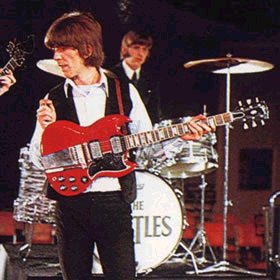
"The federal bureaucracy is just out of hand...and it seems to me there’s almost a class warfare of companies versus people, rich versus poor, Republicans versus Democrats … and there’s just a lack of somebody that stands up and says, 'I’m about everyone. I’m really about America and doing what’s good for the country and not fighting these little battles.'"
"We feel totally abused. We believe the arrogance of federal power is impacting me personally, our company personally and the employees here in Tennessee, and it’s just plain wrong."- Gibson chairman and CEO Henry Juszkiewicz

 | " Natural Cures They Don't Want You to Know About " ~ by Kevin Trudeau ~ CLICK HERE TO ORDER THIS INCREDIBLE BOOK ! (The Natural Cures Book As Seen on TV) |